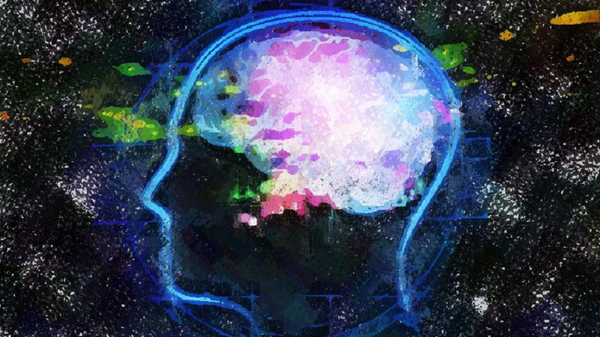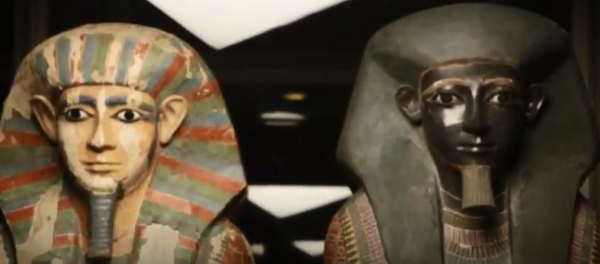The scientists' report, recently published in the Religion, Brain & Behavior academic journal, employed the use of a so-called 'God Helmet', a placebo brain simulation device which study participants were told could elicit mystical occurrences.
Taking the helmet to Lowlands Festival, an annual music fest held in the Netherlands, and testing it among a group of nearly 200 volunteers, the researchers, led by David Maij of the University of Amsterdam, sought to discover the impact of alcohol consumption on people's mystical experiences. And while the scientists received no conclusive proof on that front, the found that whether or not participants described themselves as religious or spiritual did have an impact.
"I came loose from the chair, the chair fell and I was floating. The desk started to shake heavily and I felt the presence of a dark figure next to me. It whispered something in my ear that I could not understand," one participant reported.
"I had the feeling that the helmet was taking control over me. My head started turning around and my eyes were spinning," another said.
According to the study, a whopping 78.5% of study participants reported at least a weak bodily sensation, with 30.1% saying this was followed by stronger sensations. Just 30.3% of participants reported feeling distracted or skeptical throughout the experiment. Others reported everything from hallucinations to time and space distortion.
Ultimately, Maij and his team reported no evidence of alcohol consumption increasing responsiveness to the God Helmet placebo effect, due in part to the music festive not being an ideal controlled environment. The researchers did postulate however that the levels of immersion, i.e. the tendency for some people to become immersed in the experiment, may have played a role in participants' experiences.
The complete study can be found here.



